Why Pepper?
By providing a universal interface, our Pepper software makes it easy to connect POS terminals to your cash register software.
Why Pepper?
By providing a universal interface, our Pepper software makes it easy to connect POS terminals to your cash register software.
POS terminal assistant
Find out whether your terminal is supported by our solutions.
Supported POS software
Find out whether Pepper has already been integrated into your POS system.
Order a Pepper license
Ready to purchase your Pepper license?
Why Matchbox?
Matchbox automates your payment reconciliation, reduces expenditures – and turns the flood of your payment data into informative diagrams.
Free Matchbox trial
Give Matchbox a try? We would love to give you a short personal introduction and then activate your free trial account.
Supported terminal types
Find out whether your terminal is supported by our solutions.
Check now
Supported POS software
Find out whether Pepper has already been integrated into your POS system.
Check now
The driving force worth knowing
As EFT experts, we not only report on current projects here. We also like to share our knowledge about the world of cashless payments.
7 July 2023

«Unfortunately, we have no choice! We would love to change provider, but the cost is simply too high.» You may already be familiar with such a scenario or something similar. The feeling of no longer really having a choice may be caused by different factors. In this article we want to examine the different forms of economic dependence in the context of electronic payments – and in particular how your company can overcome them!
In this article we want to focus on economic independence in the sense of always being able to choose optimal service providers from a technological or commercial perspective. More specifically, we will examine how retailers or hotels and restaurants can achieve maximum independence in the context of electronic payments.
Companies that accept electronic payments rely on multiple service providers to complete and process payments. In addition to the till software manufacturers, these include providers of webshop solutions, payment service providers and acquirers.
Before we talk about how to avoid becoming dependent on the products and services from these providers, we first want to look more closely at the different forms of economic dependence in the context of electronic payments.
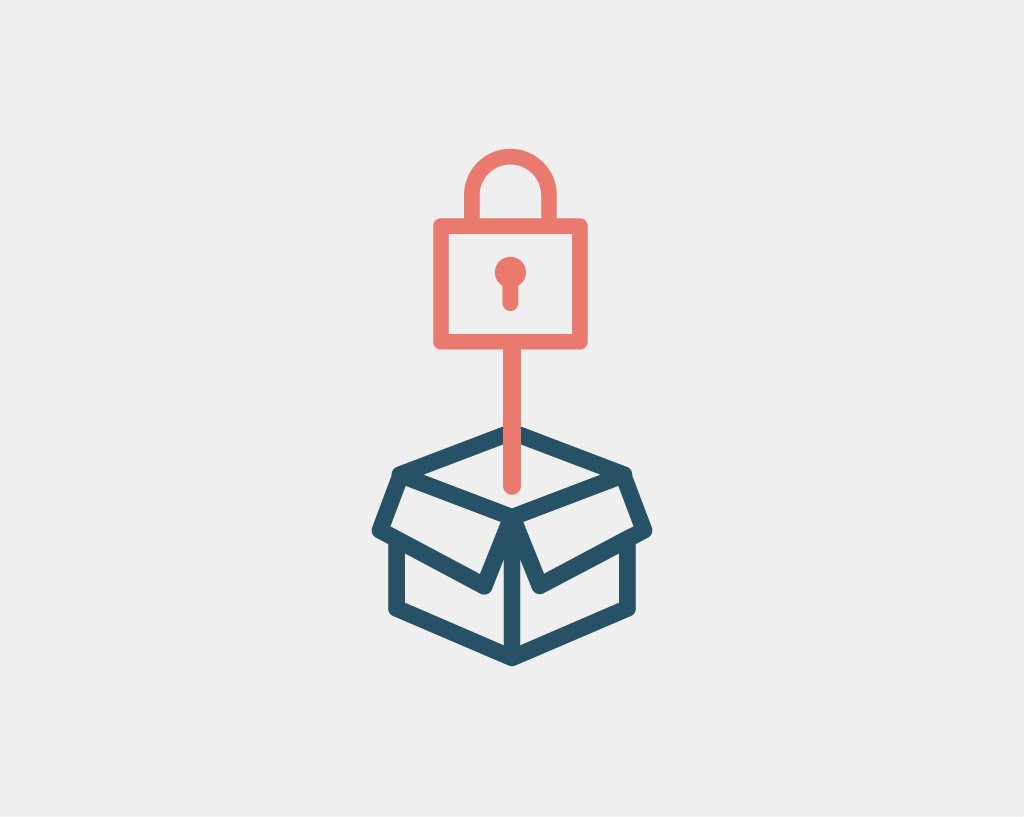
The integration of cashless payment options into a company’s own IT infrastructure is one of the main dependence factors: the till software and/or the webshop has to be connected to the company’s own ERP, while in turn EFT/POS terminals have to be able to communicate with the till software.
As this involves multiple interfaces, which are essential for smooth processes, changing each provider is very complex and costly. In many cases this creates a lock-in effect for the retail companies. This refers to a situation in which the high workload or high costs make it very difficult to change provider.
In the context of acquirers, we have actually examined the phenomenon of the lock-in effect in one of our articles.

Technological dependence arises in particular due to the variety and complexity of different interfaces, which are not always compatible with one another. Universal interfaces can help to avoid the lock-in effect here. Thus, companies finally have the option of changing their payment provider with little effort, or can even work with different payment providers.
Want an example? Pepper from treibauf is a universal interface for communication between EFT/POS terminals and till software. It allows retail or hospitality companies to change terminals or till software at any time with little effort, which means they can always use the acquirer with the best conditions. A multi-acquiring strategy – i.e. working with several acquiring banks simultaneously – is also only possible with a universal interface like this!
When it comes to new software solutions, it’s worth ensuring from the start that these are as modular as possible and have universal interfaces. The electronic payment reconciliation & analytics software Matchbox, for example, has deliberately been designed like this so that it’s upstream of the respective ERP and also has open interfaces. So that’s one thing less to worry about if you decide to change the ERP!

Data is everything, everything is data. So far, so true. But when we have to rely on data gathered by our service providers, we fall into a very specific form of dependence: we are forced to rely on the quality and accuracy of the externally gathered data – and to trust it blindly to an extent.
In the context of electronic payments, acquirers gather all the data on electronic payments that take place and supply this to their customers in the form of lists and summaries. Retail or hospitality companies often relay on this data blindly – thus falling into a very specific form of dependence.

Companies that don’t want to depend on the service provider data, have to match this data to their own data. But substantial differences emerge here often enough. These differences may be extremely relevant for companies, especially in the case of payment data.
Matchbox from treibauf is a practical tool that automates the reconciliation of a company’s own payment data with the data from the acquirer. The electronic payment reconciliation and analytics software highlights differences immediately, providing companies with valuable information sovereignty. Consequently, they not only gain greater independence, but also valuable transparency over payment structures and the fees incurred.
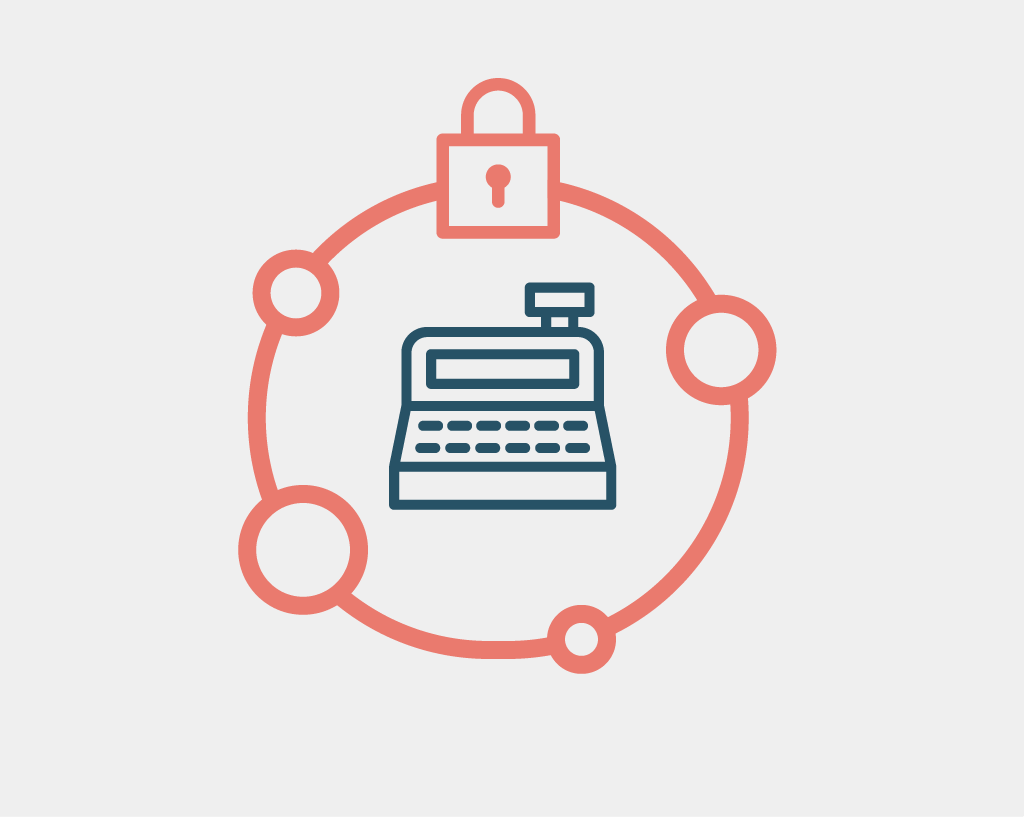
When it comes to different payment methods like credit cards, Girocard, PayPal or mobile payments, companies are always dependent on the payment method their customers prefer. These preferences are constantly changing, in part because new technologies are making the payment process ever simpler and smoother for consumers.
If they want to prevent losses of customers and sales, companies are forced to adapt to their customers’ preferences – and to offer the desired payment method as an option.
In turn, this requires a chain of technological preconditions: the terminals and till software at the POS have to be able to process the payment method; the payment methods have to be successfully integrated into the webshop. Last but not least, different acquirers often charge different fees for the same payment method.
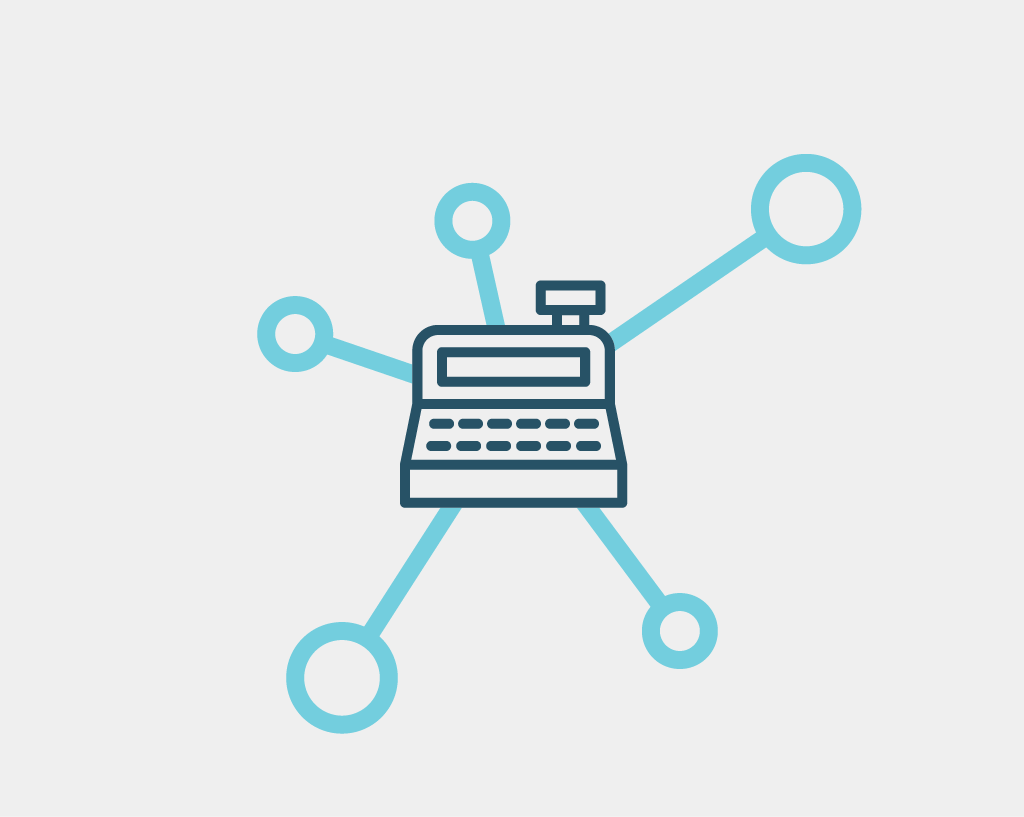
Companies should offer a broad range of payment methods to reduce their dependence on a limited number of methods – and always be flexible about integrating new payment methods. This is the only way to meet consumers’ needs in the long run.
So, it’s worth taking a look at the conditions for specific payment methods. International retail or hospitality companies, especially, may find it worthwhile to work with different acquirers to ensure they can always choose the acquirer with the best conditions depending on the chosen payment method. We have also explained the multi-acquiring strategy in detail in one of our articles.
Technological independence is vital for such a strategy: companies have to be sure in advance that different EFT/POS terminals can be used in parallel, for example. This is the perfect opportunity to highlight the significant benefits of the Pepper universal interface once again.
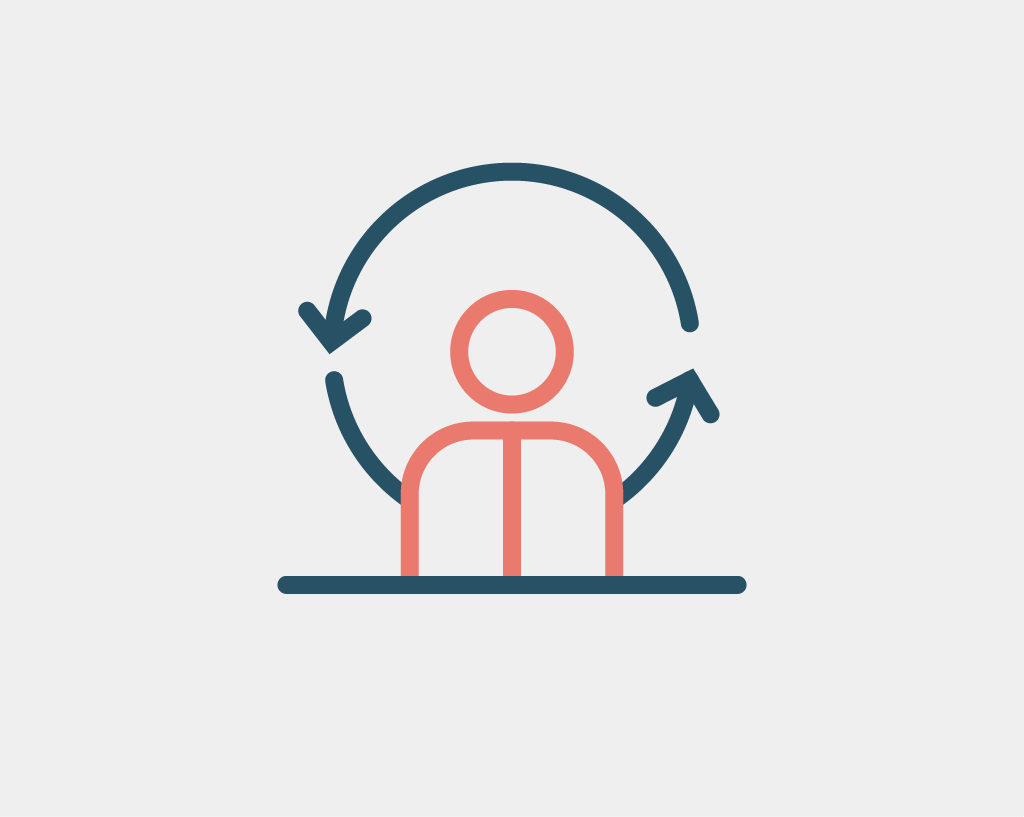
Anyone offering electronic payments has to have the capacity to complete these processes in the first stage and to handle them in the second stage: Payment methods have to be integrated, connected to the EFT/POS terminals and tested. Once the payment is complete, the payments have to be recorded in the accounts, reconciled and properly entered on the balance sheet.
These processes not only tie up a great deal of personnel capacity, but are also susceptible to human error. In the best case, such errors mean that processes are delayed, causing additional internal costs as a result. They can also lead to serious problems, however. If payment terminals fail or certain payment processes stop working, for example, the sales losses can quickly reach into the millions for larger companies.
The problem of the current skills shortage is also an issue in this context. The shortage of staff can mean that there simply isn’t the personnel capacity available to complete and handle the processes. It’s not surprising that the likelihood of human error also rises in such cases.
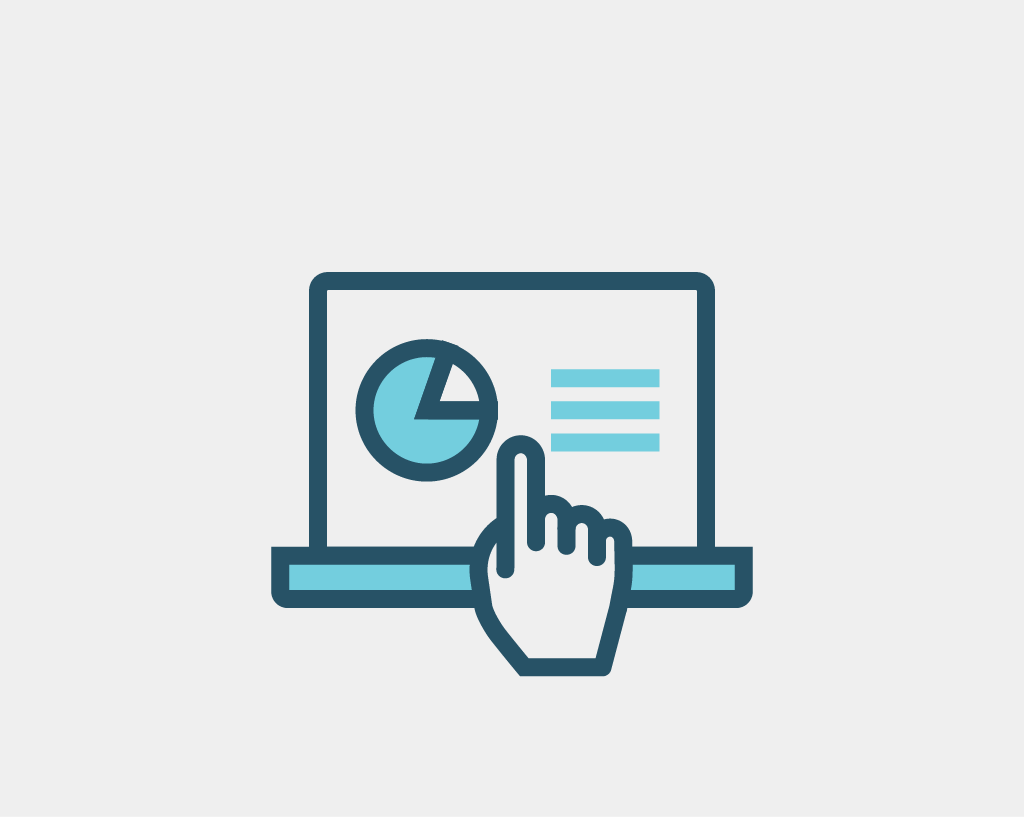
No company can get round the internal processes needed to complete and handle payments. The question is how to make these processes as secure and efficient as possible.
Digitising and automating these processes can reduce dependence on specialists on the one hand and free up the specialists to use their skills in a more targeted and useful way. Automation also substantially reduces vulnerability to human error, improving accuracy as a result.
Matchbox from treibauf is an example of the automation of manual processes. The software automates the laborious, transaction-accurate matching of cashless payments, freeing up valuable capacity in overloaded accounting departments.
The article outlines solutions and examples of how companies can make themselves more independent in these areas.

Dominique is the CEO of treibauf AG and an expert in all the strategic challenges facing the EFT market. She is also able to draw on many years of experience as an analyst and strategist. She reports here regularly about the most significant trends and developments for the industry.

23 April 2024 – What are the 15 most important KPIs in accounting? And which new KPIs have become more important in the context of electronic payments? Our article provides valuable insights for better controlling. Continue reading

21 March 2024 – What do you actually do with your expired debit cards, credit cards and railcards? They’re simply too good to throw away. If you want to quickly make something practical, surprise your colleagues or bring a little light relief to your next customer meeting, we’ve got three upcycling ideas for ... Continue reading

7 December 2023 – «For us Pepper works like a universal adapter, which makes it vastly easier to connect different terminal types», says Rüdiger Boesen, Product Management TCPOS at Zucchetti, summarising his understanding of the software. A general contract was consequently concluded for the DACH region back at the start of the 2000s. Continue reading